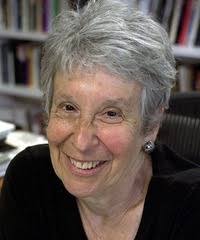
Joan Wallach Scott, née Joan Wallach, (born December 18, 1941, Brooklyn, New York, U.S.), American historian, best known for her pioneering contributions to the study of French history, women’s and gender history, and intellectual history as well as to feminist theory. Her work, which was influential well beyond the confines of her own discipline, was characterized by its integration of historiography, philosophy, and gender theory.
An influential critic of the empiricist tradition in American historiography, Scott referred to her work as a form of “critical history,” “history of difference,” and “history of the present.” Her studies combined archival research with the insights of critical theories such as deconstructionand psychoanalysis. Inspired by the work of French philosopher Michel Foucault, she approached intellectual history not as an inquiry into the origins of a present otherwise taken for granted but rather as a way to question contemporary assumptions and to highlight the historical contingencies of categories like gender. In her landmark article “The Evidence of Experience” (1991), Scott criticized the tendency of feminism to accept uncritically (and “de-historicize”) the reporting of personal experience as an authentic expression of women’s reality. She observed that she used history to complicate feminist theory, and the reverse certainly held true as well. Although many applauded Scott for challenging the epistemological presuppositions that underlay the study of history, other scholars, dedicated to the empiricalbasis of historical research, rejected her approach as exemplary of the relativist threat posed by postmodernism.

